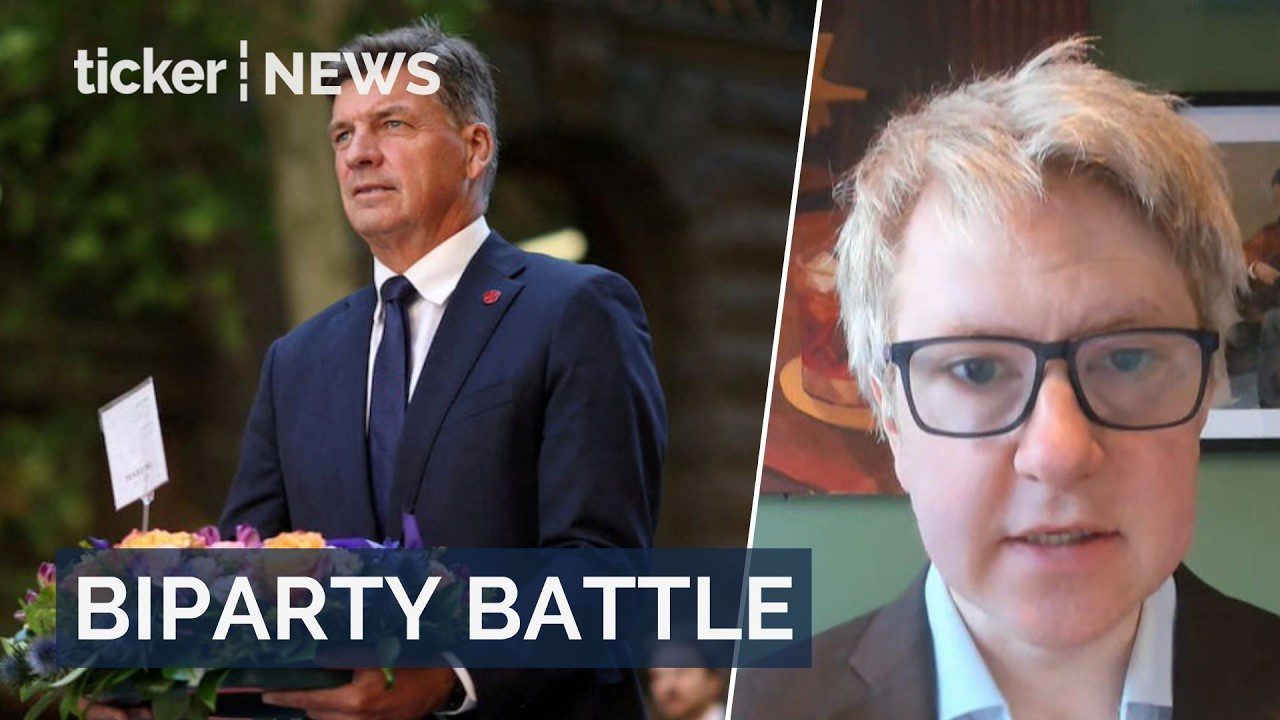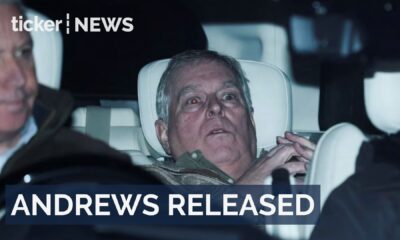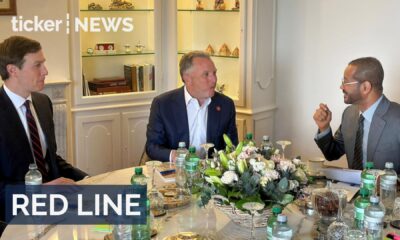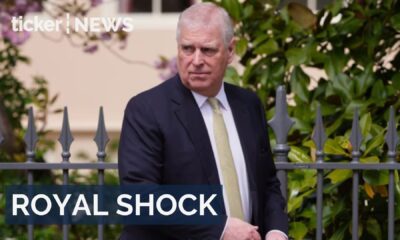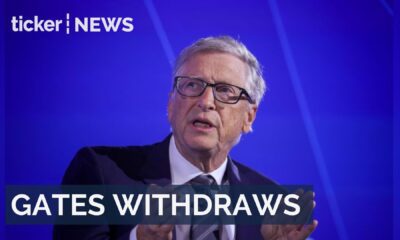John Buchanan, University of Sydney
A week ago, the Australian Financial Review released this year’s “Rich List”. It reported the number of billionaires in Australia increased from 150 to 166 between 2024 and 2025.
A very different story is happening at the other end of the market. On Tuesday the Fair Work Commission awarded the lowest paid 20% of wage earners a 3.5% increase as a result of its annual review.
The commission acknowledged even with this increase, our lowest paid employees will not be earning as much in real terms as they did before the post-COVID inflationary surge of 2021-2022.
Why such a meagre increase?
In Australia it has long been accepted that – all things being equal – wages should move with both prices and productivity.
Adjusting them for inflation ensures their real value is maintained. Adjusting them for productivity means employees share in rising prosperity associated with society becoming more productive over time.
This “prices plus productivity” model of wage rises is, however, subject to economic circumstances. In recent times the key circumstance of concern has been inflation.
Depending how it is measured it peaked at between 6.5% and 9.6% in 2022-2023.
Since 2022, economic agencies such as the Reserve Bank and state treasuries, along with finance sector economists, have been preaching about the threat of inflation persisting.
Cutting real wages to control inflation
Interest rates were increased to tame the inflation dragon. And these
agencies all issued dire warnings about the threat of long-term inflationary pressure if wages were adjusted to maintain lower and middle income earners living standards.
In its last three decisions the Fair Work Commission accommodated this narrative. Since July 2021 it ensured wages for the lowest paid 20% of employees did not keep up with inflation.
Unsurprisingly, real wages for award-dependent employees fell.
The commission has done its best to look after those on the absolute lowest rates: that is the 1% or so on the national minimum wage.
Their wages have fallen by 0.8% over the period since July 2021. For those in the middle of the bottom 20% of employees dependent on awards the fall has been in the order of 4.5%.
For example, this is the fall experienced by an entry level tradesperson in manufacturing dependent on an award.
Because inflation is currently running at about 2.4%, the 3.5% increase marks a modest 1% real wage gain for a worker on or close to the entry level manufacturing tradesperson rates.
In making this increase, the commission argued if real wage cuts continued, the entrenchment of lower minimum award rates was likely. It noted the economy is in pretty good shape – not just in terms of inflation and employment – but also many firms are turning a profit.
What about productivity?
The other striking feature of the post-COVID economic recovery has been poor productivity performance. It initially went backwards and more recently has flatlined.
The commission rejected arguments recent poor performance in national productivity numbers should prevent raising the minimum award higher than inflation.
It did this because it distinguished between productivity in the market and non-market sectors. In the former, productivity growth has been modest, but positive.
Poor numbers in the non-market sector like health and social services were an artefact of both measurement problems and the need for more workers per unit output to boost the quality of these services.
Silver linings?
It is always a judgement call as to what is the appropriate scale of any wage increase. Given low paid workers were not the source of recent inflationary pressure, it is reasonable to claim now is the time to reverse the recent trends of cutting their real wages.
Whether the increase had to be so modest is something the commission has
indicated it is open to considering in future hearings. It has sent this signal by floating two novel arguments.
The first argument concerns how cuts in real pay are calculated. In its decision it makes the very important point that conventional measures of real wage movements use monthly measures of inflation but wages only increase annually.
It’s on this basis the 4.5% cut for the benchmark entry level trade worker in manufacturing was calculated.
The commission notes, however, that if you take into account wages only rise once a year and inflation rises continuously, the overall loss of earnings power for such workers has been 14.4% since July 2021.
This is a much higher account of real wage cuts than has previously informed debates on wages policy.
Secondly, the commission has noted consideration should be given to phasing out some of the lowest classifications in the award system. This is something it has done in the past.
In this way it does not have to “increase rates” for low paid
classifications as such. Rather, it just eliminates the possibility of having rates for exceptionally low paid jobs – and so raises the base rates dramatically for the lowest paid workers.
Next year, things could be better. Australia has a long history of having a wages system that takes seriously the needs of all workers, and especially the low paid. This decision marks a break with the recent habit of using the lowest paid workers as a shock absorber for macroeconomic policy.
The 3.5% rise is a modest increase but an important one. More important is the framework the commission has set up for decisions in future years. Devising a more accurate measure of real wage cuts and noting the importance of abolishing whole classifications of low paid work lays the foundations for potentially very exciting developments in Australian wages policy in coming years.
John Buchanan, Professor, Discipline of Business Information Systems, University of Sydney Business School, University of Sydney
This article is republished from The Conversation under a Creative Commons license. Read the original article.




